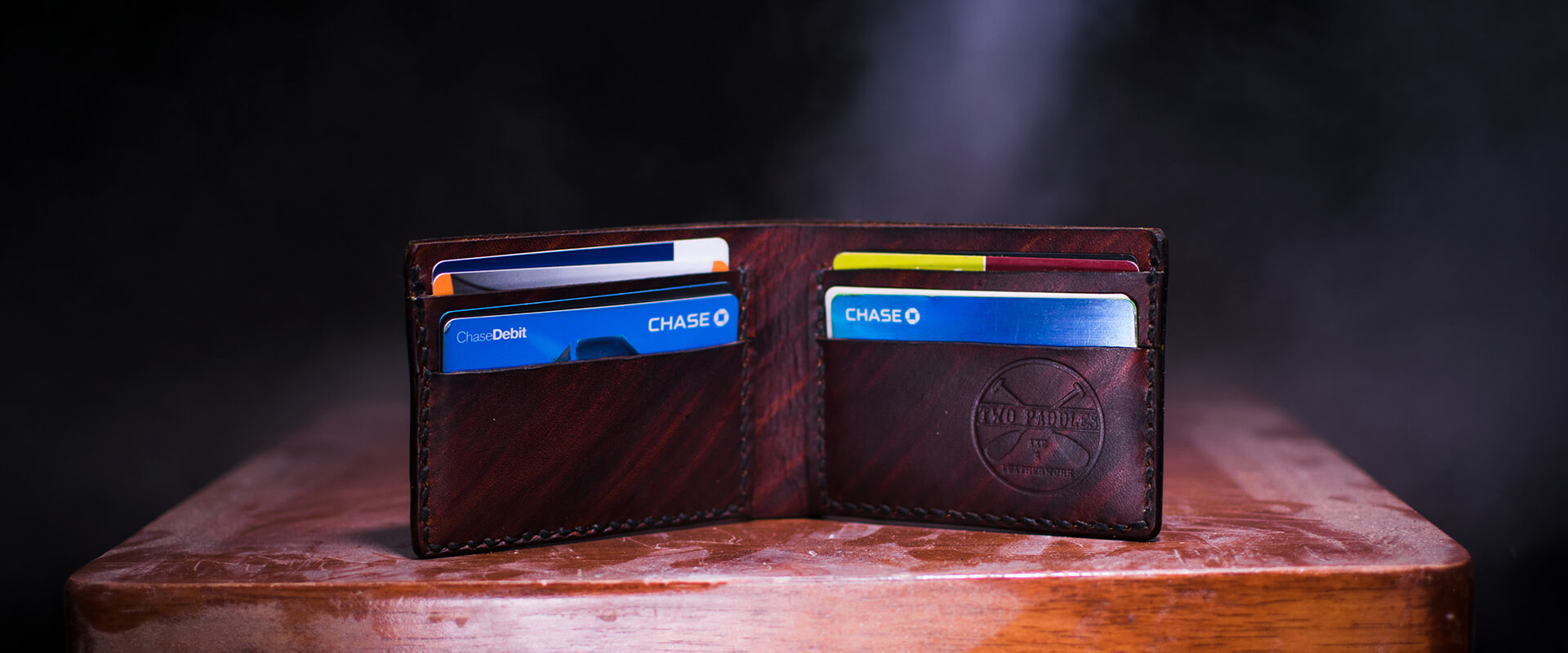
Grace Periods: How to Avoid Interest
Managing credit card debt can be tricky, but understanding how grace periods work can save you from paying unnecessary interest. Many credit cards offer grace periods, allowing you to pay off your balance before interest starts to accrue.
But if you’re not fully aware of how this works, you could end up paying more than you expect. In this article, we'll dive deep into what a grace period is, how it operates, and strategies to use it effectively to avoid interest charges.
What is a Grace Period
A grace period is the time between the end of your credit card billing cycle and your payment due date. During this period, if you pay your full balance by the due date, you won’t be charged interest on your purchases. Essentially, it's a free window of time in which you can repay your balance without incurring interest charges.
Typically, grace periods range from 21 to 25 days, depending on your credit card issuer. The key is to pay your balance in full by the end of this period to take advantage of it. If you only make a partial payment or carry a balance, you’ll lose the grace period, and interest will be charged on your outstanding balance.
How Grace Periods Work
Here’s how grace periods work step-by-step:
1. Purchase Made
You make a purchase with your credit card during your billing cycle.
2. Billing Cycle Ends
Your credit card issuer tallies up your purchases, creating a statement balance at the end of your billing cycle. This statement includes your total balance and the minimum payment required.
3. Grace Period Begins
After the billing cycle ends, the grace period starts. During this time, no interest will be charged on your purchases as long as you pay the full statement balance by the due date.
4. Payment Due Date
This is the last day of your grace period. If you pay your balance in full by this date, you’ll avoid interest. If you only make a partial payment or carry a balance, interest will start accruing on the unpaid amount.
Why is the Grace Period Important?
Grace periods can save you a lot of money by allowing you to use credit without paying interest – as long as you pay your balance in full! Without a grace period, interest would accrue immediately after making a purchase, which can lead to expensive finance charges.
Using the grace period effectively helps you avoid carrying debt into the next billing cycle, keeping your finances under control and ensuring you won’t accumulate additional interest charges on your balance.
What Happens If You Don’t Pay in Full?
If you don’t pay your balance in full during the grace period, a few (bad) things will happen:
1. Interest Starts Accruing
Once the grace period ends, you’ll begin to accumulate interest on the remaining balance. The interest rate applied is based on your card's Annual Percentage Rate (APR), which can vary by card (and your creditworthiness). It’s usually damagingly high, in the 20% to 25% range!
2. No Grace Period on New Purchases
If you carry a balance over to the next billing cycle, most credit cards will not extend a grace period on new purchases. This means that interest will start accruing on new purchases immediately unless you pay your balance off completely.
3. Losing the Grace Period
Once you lose the grace period by carrying a balance, interest can snowball, making it harder to pay off your debt. Each purchase incurs more interest until you pay off your full balance.
How to Avoid Interest by Using the Grace Period
Avoiding interest charges is all about how you manage your credit card balances and payments. Here are some effective strategies for leveraging the grace period to your advantage:
1. Pay the Full Statement Balance
The simplest way to avoid interest is by paying off your full balance by the due date every month. If you only make the minimum payment or anything less than the full balance, interest will accrue on the remaining amount.
2. Track Your Billing Cycle
Understanding your credit card’s billing cycle and when the grace period begins and ends is crucial. Set reminders for your due date and try to make payments a few days before to ensure they’re processed on time.
3. Avoid Carrying a Balance
If you carry a balance from one billing cycle to the next, you’ll lose the grace period. Avoid this by paying down your balance in full before making new purchases.
4. Use Credit Sparingly
Be mindful of your credit usage, and don’t overspend just because you have access to a grace period. Keep your spending within limits you can pay off each month to maintain financial discipline.
5. Take Advantage of 0% Intro APR Offers
Some credit cards offer 0% intro APR periods, which temporarily eliminates interest on purchases. However, even with this, paying off balances before the introductory period ends can help you avoid interest in the long term.
6. Automatic Payments
Set up automatic payments for the full balance each month to ensure you never miss the due date. Many credit card issuers allow you to set up these payments through your online account.
What If You Don’t Have a Grace Period?
Not all credit cards offer grace periods. For example, if you have a credit card that is primarily designed for individuals with bad credit or secured credit cards, there might be no grace period.
In this case, interest starts accruing immediately after a purchase is made. If your credit card does not offer a grace period, the best approach is to minimize balances and make payments as soon as possible to reduce interest charges.
Exceptions to Grace Periods
While grace periods apply to most credit card purchases, there are a few exceptions to keep in mind:
Cash Advances
Most credit cards don’t offer grace periods on cash advances. So interest starts accruing immediately on the amount you withdraw, often at a higher rate than regular purchases!
Balance Transfers
Like cash advances, balance transfers may not have a grace period. Some cards may charge interest right away unless they’re offering a special introductory 0% APR for balance transfers.
Bottom Line: Grace Periods Are Like Getting Short-Term, Interest-Free Loans… If You Don’t Abuse It.
Grace periods are a valuable tool for managing credit card debt and avoiding interest charges, but they only work if you pay off your balance in full each month. By understanding your billing cycle, making timely payments, and being strategic with your credit use, you can take full advantage of the grace period to keep your finances in check. With discipline and careful planning, you can ensure that you never pay more in interest than you need to.


